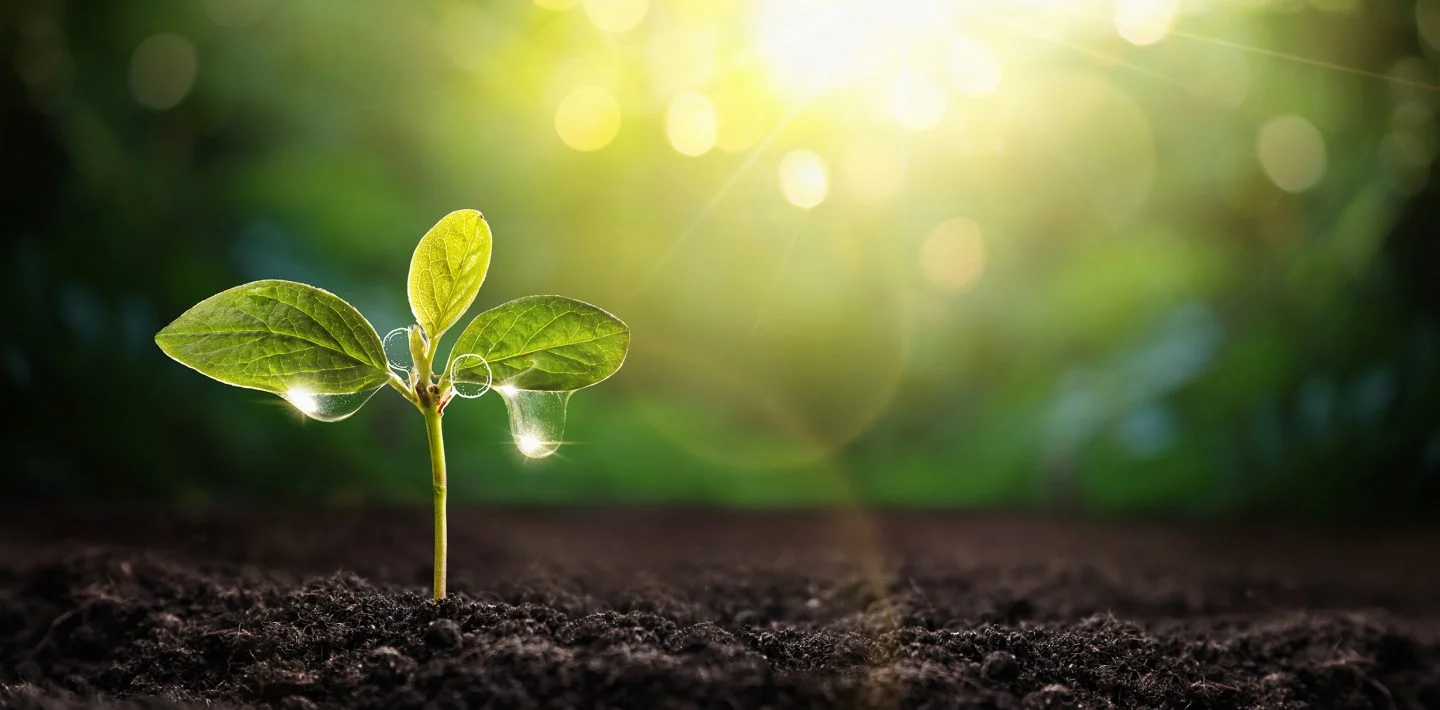Plants are the foundation of life on Earth. They provide oxygen, food, medicine, and countless ecological services that sustain all living organisms. With their vibrant diversity and ability to adapt to varied environments, plants are truly the silent guardians of our planet.
The World of Plants
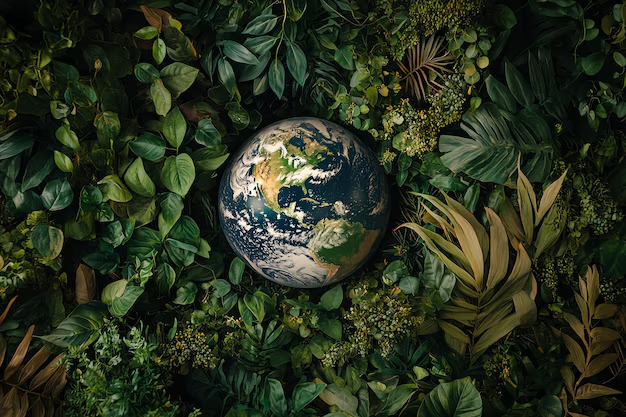
Plants belong to the kingdom Plantae and include a vast variety of species, from towering trees and colorful flowers to aquatic algae and microscopic mosses. They are autotrophic organisms, meaning they produce their food through photosynthesis, a process that also generates the oxygen we breathe.
Types of Plants
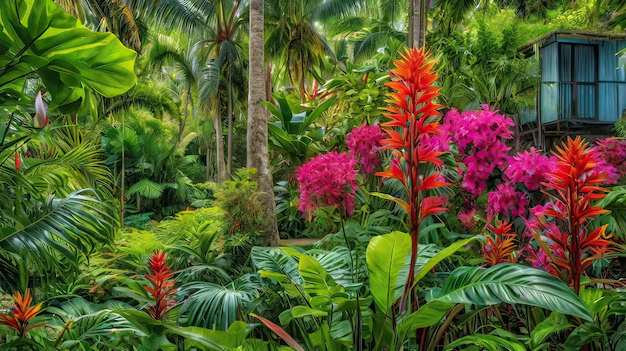
Plants are classified into several categories based on their structure and reproductive methods:
- Flowering Plants (Angiosperms): These plants bear flowers and seeds enclosed in fruits, like roses, apples, and wheat.
- Non-Flowering Plants (Gymnosperms): These include conifers like pine and fir, with seeds exposed in cones.
- Ferns and Mosses: These plants reproduce through spores instead of seeds.
- Aquatic Plants: Found in water, such as algae, lotus, and seaweed.
Importance of Plants
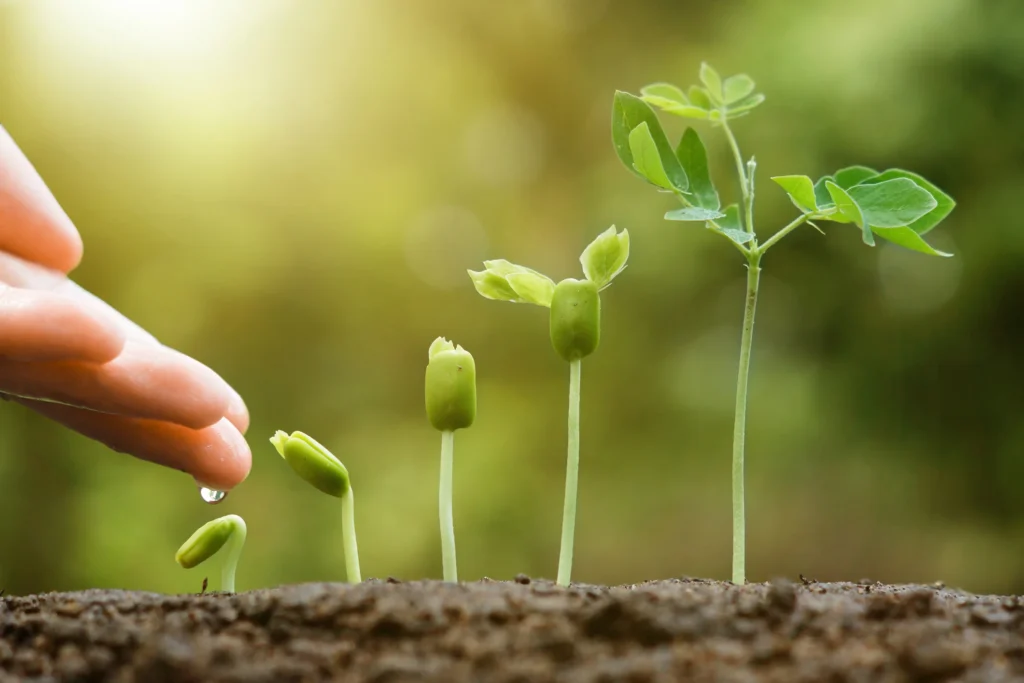
Plants are indispensable to life on Earth for many reasons:
- Oxygen Production: Through photosynthesis, plants convert carbon dioxide into oxygen, sustaining all aerobic life.
- Food Source: Nearly all food chains begin with plants, directly or indirectly nourishing humans and animals.
- Climate Regulation: Forests act as carbon sinks, reducing greenhouse gases and stabilizing the climate.
- Habitat: Plants provide shelter and food for countless organisms, creating diverse ecosystems.
- Medicine: Many life-saving drugs, like aspirin and quinine, are derived from plants.
Plants and Human Life
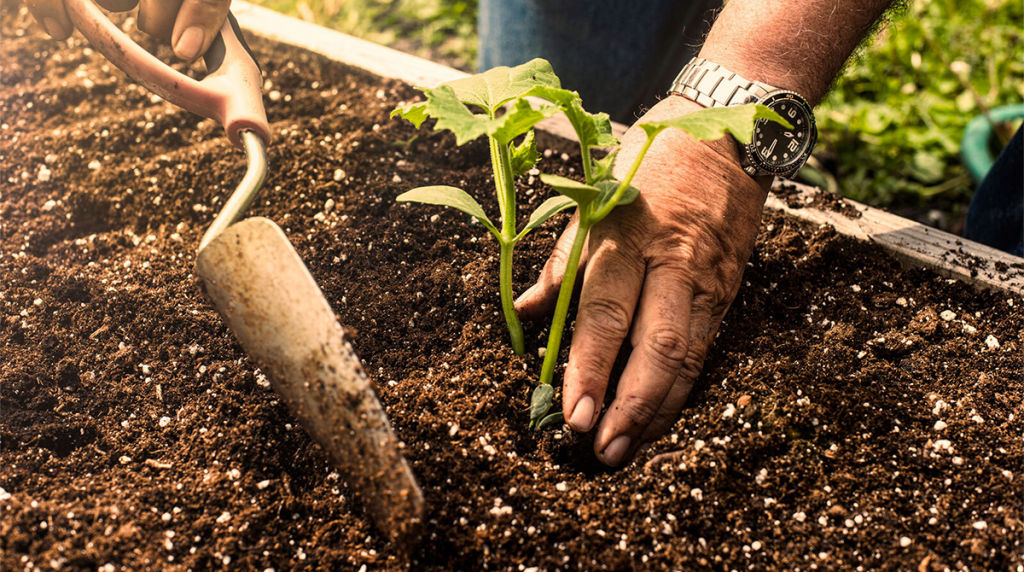
Human life is deeply intertwined with plants:
- Agriculture: Plants like rice, wheat, and maize are staple foods for billions.
- Aesthetics: Gardens, parks, and indoor plants enhance mental well-being and aesthetic appeal.
- Economic Role: Timber, cotton, and rubber are vital for industries worldwide.
- Cultural Significance: Plants like tulsi, lotus, and mistletoe hold symbolic and religious importance across cultures.
Threats to Plant Life
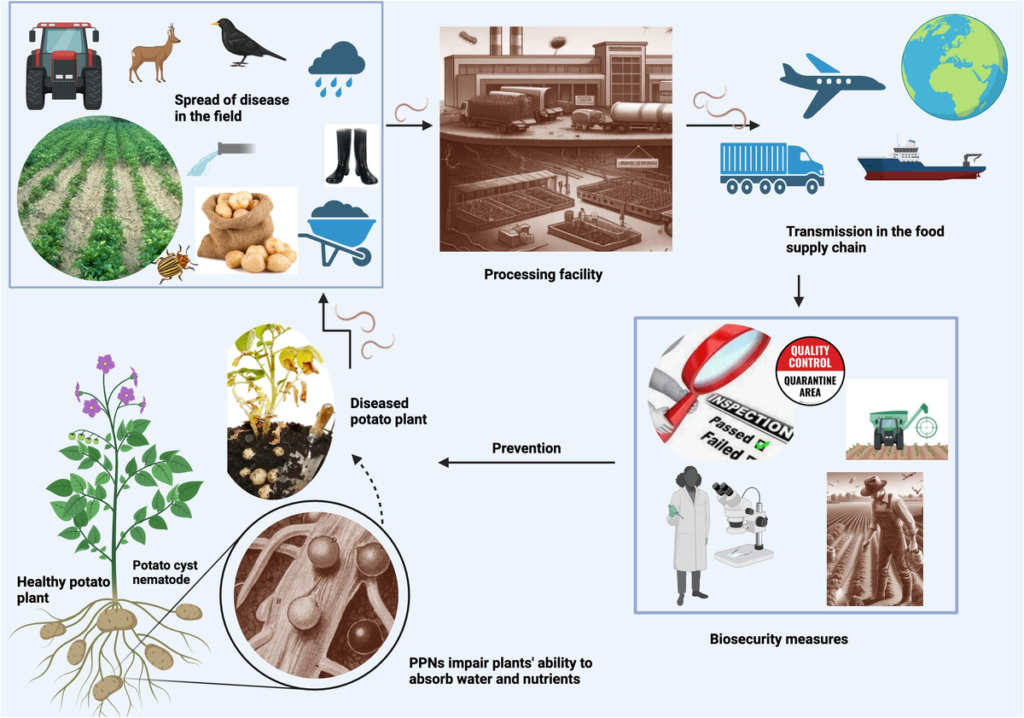
Despite their importance, plants face numerous threats:
- Deforestation: Large-scale clearing of forests for agriculture and urbanization.
- Pollution: Air, water, and soil pollution degrade plant health and growth.
- Climate Change: Altered weather patterns disrupt flowering, growth, and reproduction cycles.
- Invasive Species: Non-native plants can outcompete and displace native species.
Conservation of Plants
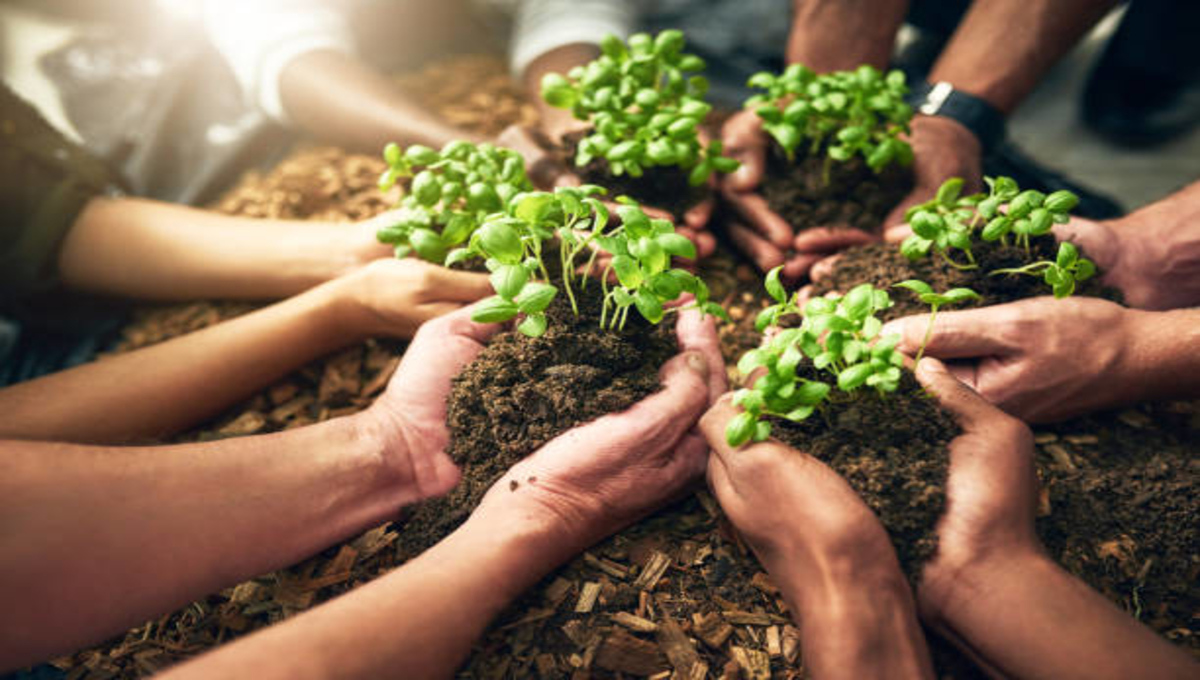
Protecting plant life is essential for ecological balance and human survival.
- Afforestation: Planting trees in deforested areas helps restore ecosystems.
- Sustainable Practices: Responsible farming and forestry practices minimize environmental damage.
- Seed Banks: These store seeds of rare and endangered plants for future use.
- Awareness Campaigns: Educating people about the importance of plants fosters conservation efforts.
Fascinating Facts About Plants
- Bamboo is the fastest-growing plant, capable of growing up to 3 feet in a day.
- The world’s oldest tree, a bristlecone pine, is over 5,000 years old.
- Venus flytraps are carnivorous plants that feed on insects.
- The Amazon Rainforest produces 20% of the world’s oxygen.
Conclusion

Plants are the green lifeline of Earth, providing the foundation for all ecosystems. From the air we breathe to the food we eat, they enrich our lives in countless ways. By protecting plants, we safeguard the future of our planet.
Let’s nurture these silent guardians and recognize their indispensable role in sustaining life on Earth!
